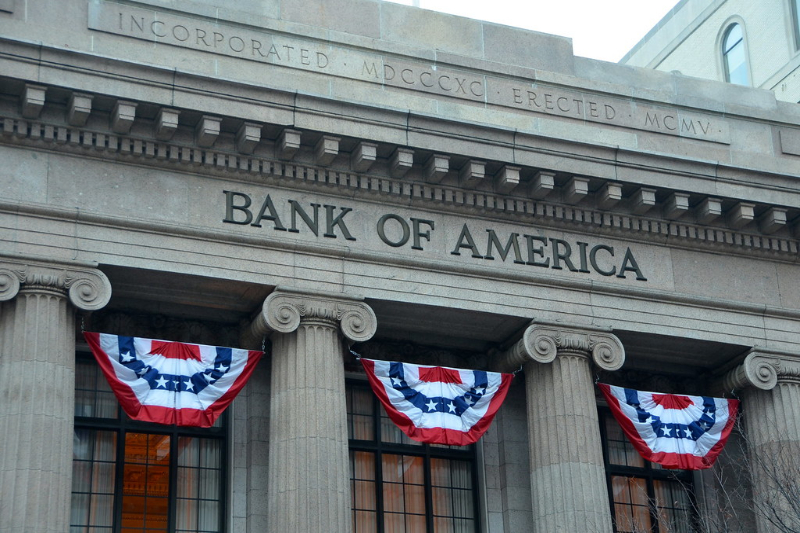
Bank of America analyst Francisco Blanch has slammed the flagship cryptocurrency bitcoin using various criteria in a review of the bull argument for BTC. Per Blanch, bitcoin has many flaws including its volatility and practicality.
Bitcoin’s supply is capped at 21 million which protects it from quantitative easing and other monetary policies that inflate money supply and devalue fiat currencies. Per Blanch, however, evidence shows BTC is not a proper inflation hedge. He wrote:
Broadly, we find that Bitcoin has not been particularly compelling as an inflation hedge as commodities and even equities provide better correlations to inflation.
To the Bank of America analyst, the main argument to have BTC in an investor’s portfolio is “diversification, declining volatility, or inflation protection, but rather sheer price appreciation,2 which is based solely on demand outpacing supply.
It’s worth noting that in major developed nations, BTC is yet to be tested as an inflation hedge, although inflows from Tesla, MicroStrategy, Square and others suggest it’s seen as a viable alternative. The BoA analyst also looked at other aspects, comparing BTC’s 1,400 transactions per hour capacity to Visa’s 236 million.
He also claimed that 95% of all circulating BTC is owned by 2.4% of addresses, suggesting an incredibly high concentration that could “make this instrument impractical as a payments mechanism or even as an investment vehicle.”
Per BoA, the concentration leaves BTC “vulnerable to sharp price swings on account of movements in these ‘whale’ accounts.” It’s important to note, however, that while most of the supply is concentrated on a small fraction of addresses, the largest addresses belong to exchanges and other services that hold coins on behalf of thousands of users.
Moreover, privacy-centric wallets create a new address for every transaction, significantly inflation the number of existing bitcoin addresses. A single wallet can manage thousands of different addresses, all belonging to the same entity.
The analyst also pointed to bitcoin’s energy usage. A growing environmental, social and governance movement (ESG) has seen investors look for assets with little impact, but to the BoA analyst bitcoin has often been used for illicit purposes, and even though it may be used by those living under oppressive regimes the social negatives “outweigh” the positives.”
Bitcoin’s environmental impact is such, they added, that every $1 billion put into BTC causes as much carbon dioxide as 1.2 million cars in a year. As Barrons reports, the University of Cambridge Center for Alternative Finance estimated BTC consumes 0.6% of the world’s electricity, but added “there is currently little evidence suggesting that Bitcoin directly contributed to climate change.”
Popular cryptocurrency analyst Alex Kruger commented on the report on social media, shooting down other arguments comparing bitcoin’s transaction speeds to those of Visa and the potential impact central bank digital currencies (CBDCs) will have on crypto.
(Photo: flickr)

